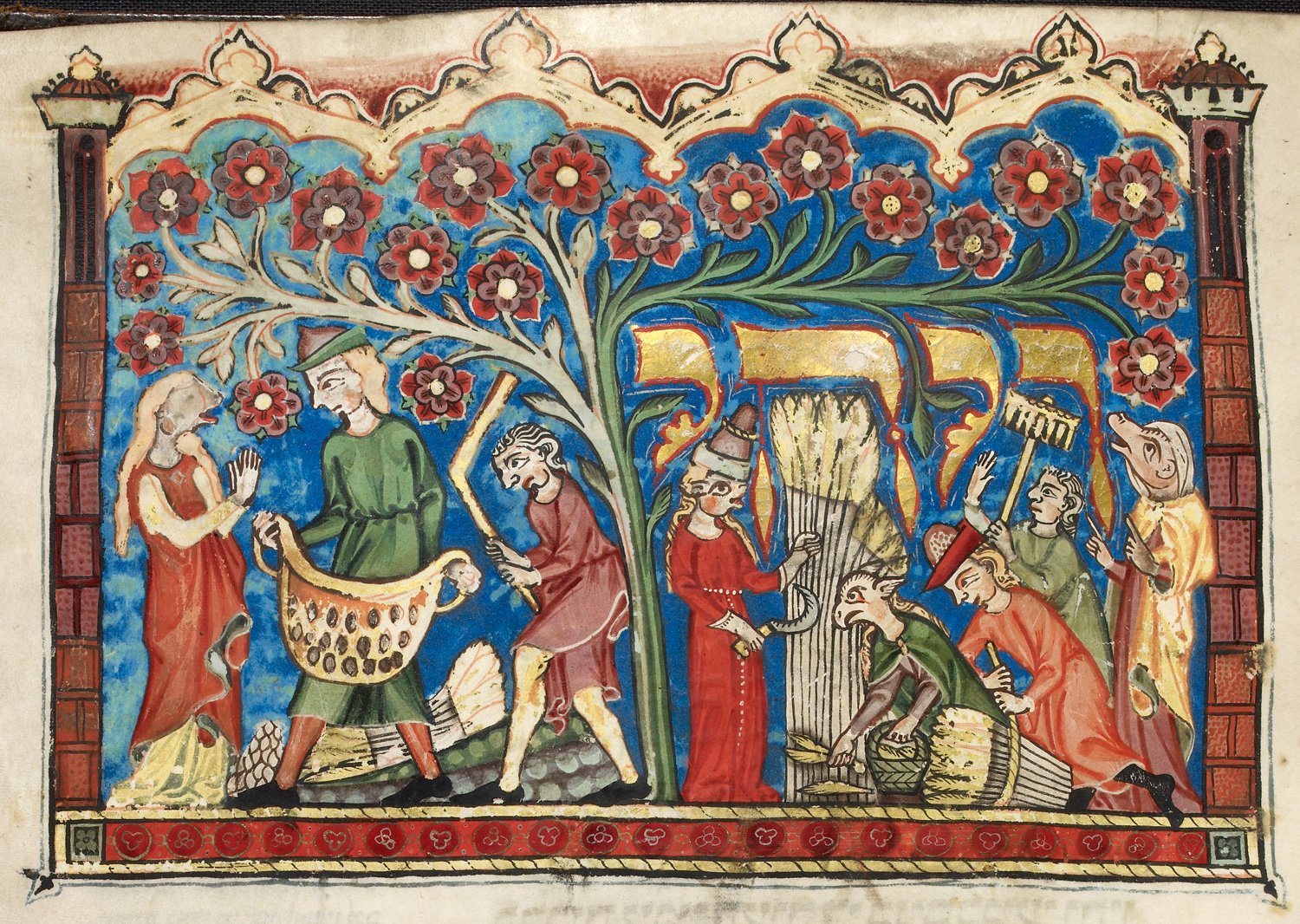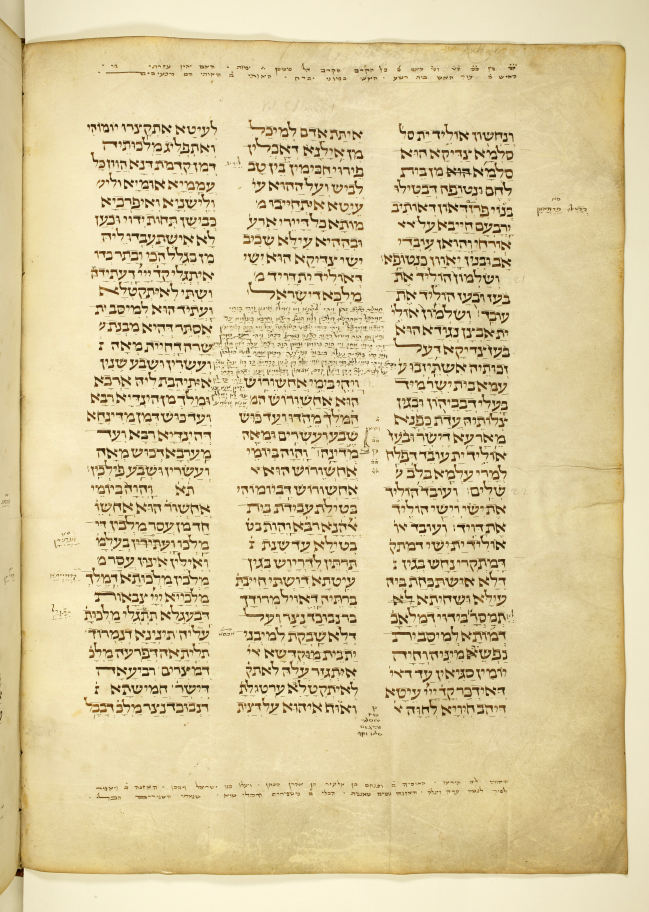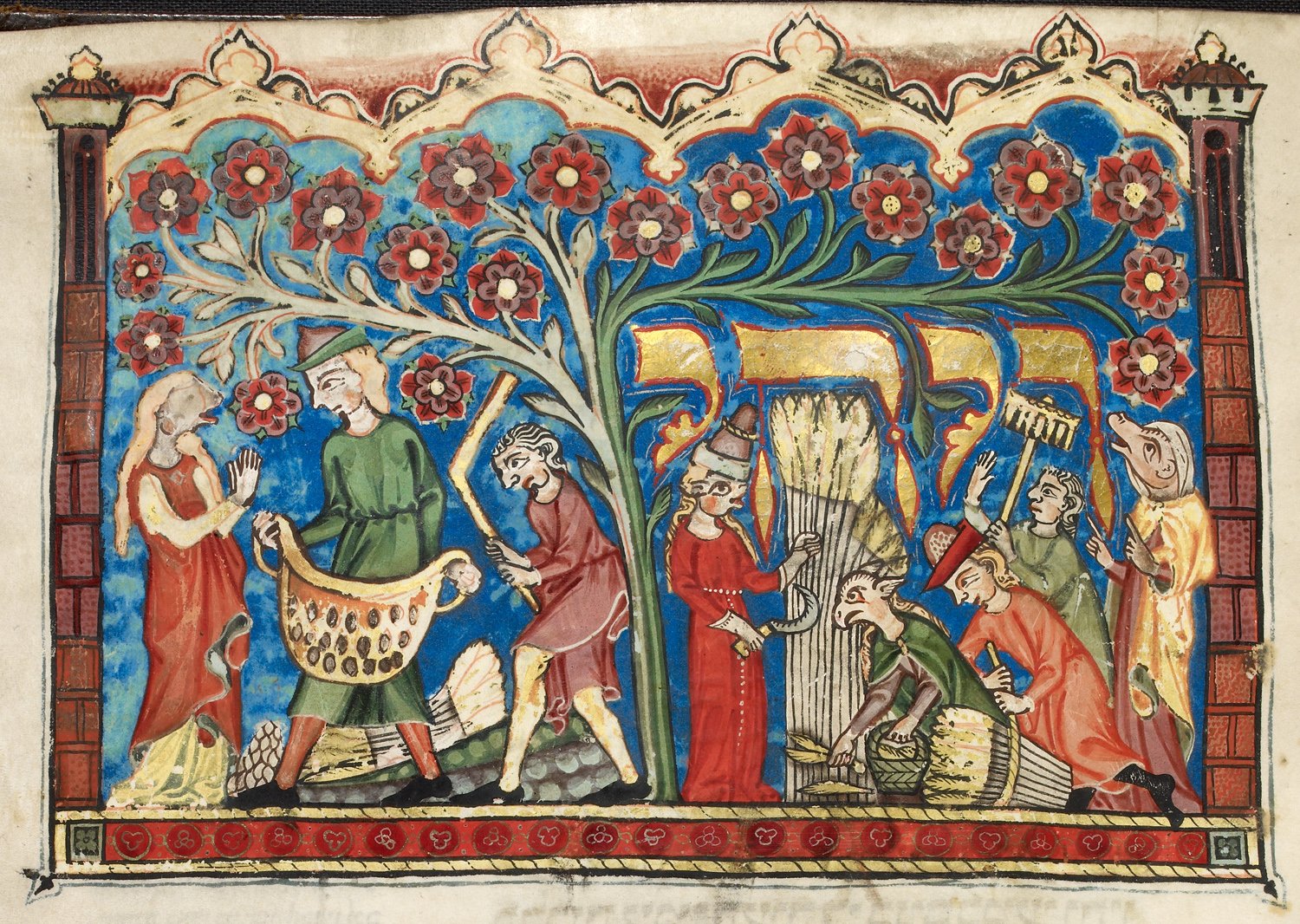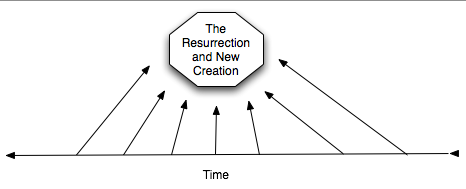This essay was written as part of the outreach program of The Episcopal Church of the Good Shepherd in Lexington to continue to minister to our community in this time of uncertainty and “social distancing” that requires not meeting in person. For essays by my friends and colleagues go to “Calming the Storm.”
In last week’s essay I wrote about how we grieve and yet the truth of the risen Christ allows us also to hope. Father Hendree’s sermon from this week shared a similar theme, how the psychiatrist and theologian Jerry May found, even in the midst of the genocide, the hope that is in God. In the midst of tragedy come upon us, it is natural to wonder if God has “sent” this to us and, if so, why. It is natural to wonder, but it is usually useless. The reality is that the challenges we face are most often simply a part of living in this fallen and broken world. Disease and death are inescapable aspects of our humanity. Sadly, so too is selfishness, violence, and poverty. We can assert that, most often, God has not sent us the trials and tribulations in which we found ourselves in, and certainly not this current virus crisis. Yet we can equally assert that God is present with us, at all times. Walking in the light of the resurrection and the presence of God, the question we must ask ourselves is how do we live in and move from this time with meaning and purpose.
It is important to make a distinction between “meaning” and “purpose.” The terms are highly interrelated but are not quite the same thing. In general, seeking meaning in or from an experience requires reflecting back upon the event. Purpose, on the other hand, looks forward and builds upon the meaning derived from experience, and helps motivate and drive us into the future. It involves more than just understanding something. It requires doing. When we affirm that God is present with us as we continue in this world, we must do so with meaning and purpose and in so doing we will find our tragedy being transformed into hope. It is a shift from the passive and reactive to the active and directive.

The Book of Ruth offers an excellent example of one who was in grief and yet found purpose in living forward, into the future. In a very brief summary, a woman from Bethlehem named Naomi goes with her husband and two sons to Moab, because a famine has struck the land of Israel. While in that foreign land, the boys each marry a Moabite woman, but then the narrative pivots sharply when all the men in the family die, leaving Naomi and the boys’ wives, Orpah and Ruth, widows and childless. With no future in Moab and the famine having ended in Judea, Naomi resolves to return home to Bethlehem. Her daughter-in-law Orpah turns back, but Ruth resolves to stay with Naomi and go with her to Israel.
Naomi is a widow and a bereaved parent. She has lost her husband, her sons, and she must now fend for herself. Ruth is a young widow and a foreigner, a stranger from Israel’s enemy. They are the most vulnerable in society, which is why the Law repeatedly calls upon Israel to “care for the widow, the orphan, and the stranger in your midst,” and their prospects are poor. And this is all in chapter one! Chapter two opens with Naomi understandably depressed and despondent.
Naomi has effectively given up on life, yet Ruth is having none of it. “Let me go to the field and glean among the ears of grain, behind someone in whose sight I may find favor.” (Ruth 2:22) Ruth does not stay in that dark and lonely hut for long, she makes a plan, she takes action. That is not to say that Ruth is not also in the midst of the gloom of grief, she certainly is. Her husband died as well as Naomi’s, and now she is a foreigner living in a land of strangers, a point driven home by the fact that everyone refers to her as “that Moabite girl” (Ruth 2:7), and yet Ruth steps up and out to provide for herself and Naomi. She took action, she chose not to remain the midst of their personal devastation but to move forward. In stepping out, metaphorically and literally, to care for herself and Naomi, Ruth met others who would also help her.
I am certainly no psychiatrist or psychologist, but I have been through enough grief and depression, as well as being alongside others who have walked in the dark valley, that I know the importance of not getting “stuck in a moment.” We are all wrestling with this to some degree or other, especially as our current options for literally getting out of our “dark place” are severely restricted during quarantine. We find ourselves taking stock with Naomi, looking at the reality of the world we inhabit, full of both blessings and burdens. Such a realistic assessment of life is not a bad thing, but it can be all too easy to be overwhelmed by the darkness, to think only of the limitations and restrictions and not recognize also the joyful opportunities.
In this “Covidtide,” my brother is taking care of our mother at his house some 200 miles from her home. Attending church and Sunday school has always been an important part of her life, part of what has kept her vital and engaged, yet in the last few years driving has been difficult and getting to charge has been only an occasional event. Yet because everyone is away from the church now, even though she is in the midst of the Pennsylvania woods, she not only watches the services online each Sunday, but her Bible study which would ordinarily be 30 minutes is now close to two hours! She would love to be physically present in church as she had done in years past, but there is a blessing to be found for her in the midst of the crisis as she now (ironically) has more contact with her church friends rather than less.
Of course, for many people in our community, this “crisis” is simply an extension of the life they already live. There are so many who cannot leave their home, a nursing facility, or have limited movement. We are all perceiving the world in a different way now and that may not be bad; it might actually be a blessing. There are many elements of our “old normal” that should not be a part of our “new normal.” So, as we seek meaning and reflect upon the past and our current circumstances in our lives and in the life of our community, we must also look forward and consider purpose this experience moves us towards.
In all of this, God is present. God is present even and especially in the dark room of depression, anxiety, and fear. But God also calls us out of that room to meet him in others and in the circumstances of life. Even if going “out” is a phone call or a Facebook message. God is present in the world, present in you, and present in one another. Take that one, small first step of opening up to God and the Spirit will do the rest.
Before Jesus left his disciples, he promised them and us that God was sending the Holy Spirit to be present with us at all times, to enable us to endure all things. Then he said, “Peace I leave with you; my peace I give to you. I do not give to you as the world gives. Do not let your hearts be troubled, and do not let them be afraid.”
Receive the Peace of Christ in your life. Share the Peace of Christ to all the world.
Creator and Redeemer whose property it is always to have mercy, pour out your Spirit upon us, be present with us, and grant us your peace as we bring before you in prayer our pain, our grief, and our questions. For in you we live and move and have our being, now and forever. Amen.






One thought on “With Meaning and Purpose”